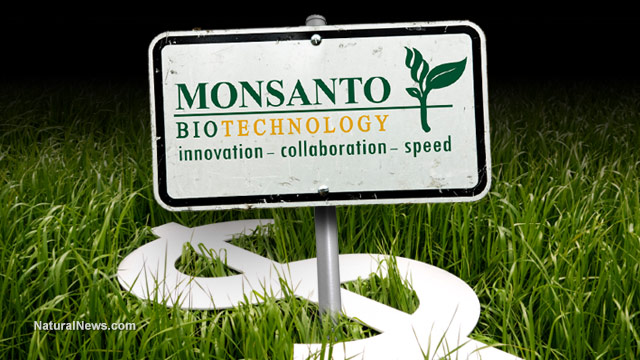Dr. Michelle McGuire, associate professor at Washington State Universe (WSU), and her colleagues reported that glyphosate does not accumulate in mother’s breast milk, according to a recent study.
The researchers collected milk and urine samples from 41 lactating women who lived in agriculture regions where glyphosate is regularly used. Approximately ten of the women claimed to either live on a farm or adjacent to a farm. The researchers claim that no detectable amounts of glyphosate were found in the women’s breast milk, even when glyphosate was found in urine samples.
Monsanto versus Moms Across America
The study was conducted in an effort to dispel claims made by Moms Across America (MAA), which issued a report in 2014 showing that glyphosate was in three out of 10 breast milk samples submitted for analysis in the study. Nevertheless, MAA claims that the Environmental Protection Agency (EPA) and other regulators ignored these claims because the study used an enzyme-linked immunosorbent assay (ELISA) testing method, which detects and measures antibodies in the blood.
Glyosophate is an active ingredient in Monsanto’s infamous Roundup herbicide. It has been linked to multiple ailments, including cancer, birth defects and neurological damage, and is regarded as “probably carcinogenic” to human health by the World Health Organization. Nevertheless, Dr. McGuire claims the study shows “Moms Across America study flat out got it wrong.”
It is well established that breast feeding has immunological benefits that extend to both the child and mother. It should, therefore, come as no surprise that Monsanto was eager to publish a study that “provides strong evidence that glyphosate is not in human milk.”
A bogus study
There are several reasons why the study is bogus. The authors of the study disclosed massive conflicts of interest. Dr. David B. Allison’s institution at University of Alabama at Birmingham, which was involved in the study, received unrestricted gifts, grants and contracts from various food companies including Coca-Cola, PepsiCo, The Sugar Association, The National Restaurant Association, ConAgra, McDonald’s, and Kellogg, among others.
In addition, Dr. Michelle McGuire and her husband, Dr. Mark McGuire, Animal and Veterinary Science Department Head at the University of Idaho, have a history with Monsanto. Dr. Mark McGuire was involved in the promotion of Monsanto’s bovine growth hormone Posilac, which is injected into cows in order to promote milk output in the short-term.
The study also received funding from the Gates Foundation, which promotes GC crops and pesticides containing glyphosate. Furthermore, the results of the study, which claim to “provide strong evidence that glyphosate is not in human milk,” is a crude generalization, since only 41 women were involved in the study. The results of the study conflict with other preliminary research based in Germany, which found glyphosate in the breast milk of 16 women.
False allegations about MAA made by Monsanto
The authors of the study also falsely accused the MAA for declaring breast milk to be unsafe. In reality, the MAA promotes breast milk as a better alternative to GM products, and strongly encourages mothers to eat an organic diet. The MAA has since requested a formal apology from the WSU for these false allegations.
Rather than provide evidence that glyphosate is safe for lactating women, the study provides further evidence that Monsanto is a poster child for corrupt corporate science.
To read the true stories behind Monsanto’s deadly glyphosate herbicide, check the most extensive alternative news site on the web, AlternativeNews.com
Sources include:
news.wsu.edu
SustainablePulse.com
ajcn.nutrition.org
MomsAcrossAmerica.com
BabyCenter.com
OrganicValley.coop



















